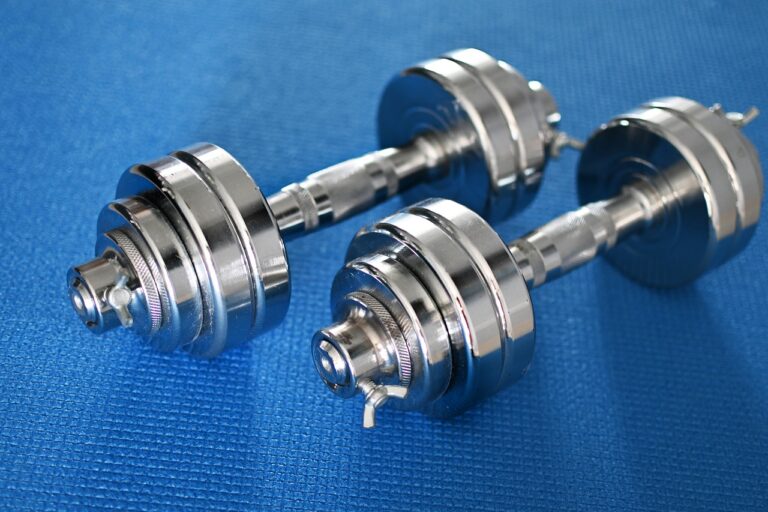Strategies for optimizing outcomes in knee fusion: My 99 exch, Laser book 247 com registration, Yolo247 club login
my 99 exch, laser book 247 com registration, yolo247 club login: Knee fusion, also known as arthrodesis, is a surgical procedure that involves joining the bones of the knee joint together to create a solid, immobile joint. This procedure is typically performed to treat severe arthritis, failed knee replacements, or other conditions that have caused significant damage to the knee joint. While knee fusion can be an effective treatment option for certain patients, optimizing outcomes requires careful planning and follow-up care. In this article, we will discuss strategies for optimizing outcomes in knee fusion surgery.
1. Choose the right surgeon: The success of knee fusion surgery often depends on the skill and experience of the surgeon performing the procedure. Make sure to choose a surgeon who is experienced in performing knee fusion surgeries and has a proven track record of successful outcomes.
2. Preoperative planning: Before undergoing knee fusion surgery, it is important to undergo a thorough preoperative evaluation to assess your overall health and determine if you are a suitable candidate for the procedure. This evaluation may include imaging tests, blood tests, and a physical examination.
3. Follow postoperative instructions: Following knee fusion surgery, it is essential to follow your surgeon’s postoperative instructions carefully. This may include restrictions on weight-bearing, physical therapy exercises, and taking prescribed medications as directed.
4. Monitor for complications: While knee fusion surgery is generally safe, there is a risk of complications such as infection, nonunion (failure of the bones to fuse together), and nerve damage. It is important to monitor for any signs of complications and seek prompt medical attention if you experience any unusual symptoms.
5. Stay active: While knee fusion surgery may limit your range of motion in the affected knee, it is important to stay active and engage in low-impact exercises to maintain overall strength and flexibility. Your surgeon or physical therapist can provide guidance on safe exercise options.
6. Maintain a healthy weight: Excess weight can put added stress on your knees and may compromise the success of knee fusion surgery. Maintaining a healthy weight through a balanced diet and regular exercise can help optimize outcomes and reduce the risk of complications.
7. Attend follow-up appointments: Regular follow-up appointments with your surgeon are essential to monitor your progress and address any concerns or complications that may arise. It is important to attend all scheduled appointments and communicate openly with your healthcare team.
FAQs
Q: How long does it take to recover from knee fusion surgery?
A: Recovery from knee fusion surgery can vary depending on the individual and the specific circumstances of the surgery. In general, it may take several months to fully recover and regain strength and mobility in the affected knee.
Q: Will I be able to walk normally after knee fusion surgery?
A: While knee fusion surgery may limit your range of motion in the affected knee, most patients are able to walk with the aid of assistive devices such as crutches or a cane. Your surgeon and physical therapist can provide guidance on how to optimize your mobility after surgery.
Q: What are the potential risks of knee fusion surgery?
A: While knee fusion surgery is generally safe, there are potential risks and complications that may arise, including infection, nonunion, nerve damage, and blood clots. It is important to discuss these risks with your surgeon before undergoing surgery and to monitor for any signs of complications during the recovery period.







